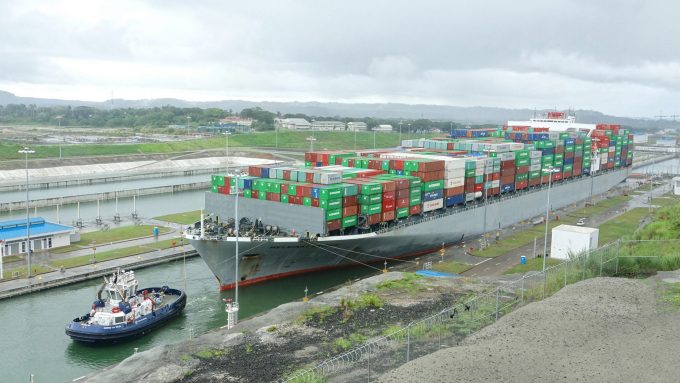ACP plans new reservoir to avoid repeat of Panama Canal restrictions
A new reservoir at the Panama Canal to improve reliability could be ready within four ...

The Panama Canal Authority (PCA) is planning a green transition that will see the long-term costs of transiting the waterway increase, while counterpart the Suez Canal has announced a more immediate price increase.
The PCA is expected to say tomorrow at the COP26 conference in Glasgow, that it will begin a $70bn long-term development programme to take the canal to zero-carbon emissions by 2050.
The PCA’s climate specialist, Alexis Rodriguez, told The Loadstar: “In the short-term we will continue with our reforestation ...
Volcanic disruption at Anchorage could hit transpacific airfreight operations
Macron calls for ‘suspension’ – CMA CGM's $20bn US investment in doubt
De minimis exemption on shipments from China to the US will end in May
Forwarders stay cool as US 'liberation day' tariffs threaten 'global trade war'
Trump tariffs see hundreds of cancelled container bookings a day from Asia
Mixed response in US to 'Liberation Day', while China leads wave of retaliation
Tariffs and de minimis set air freight rates on a volatile course

Comment on this article